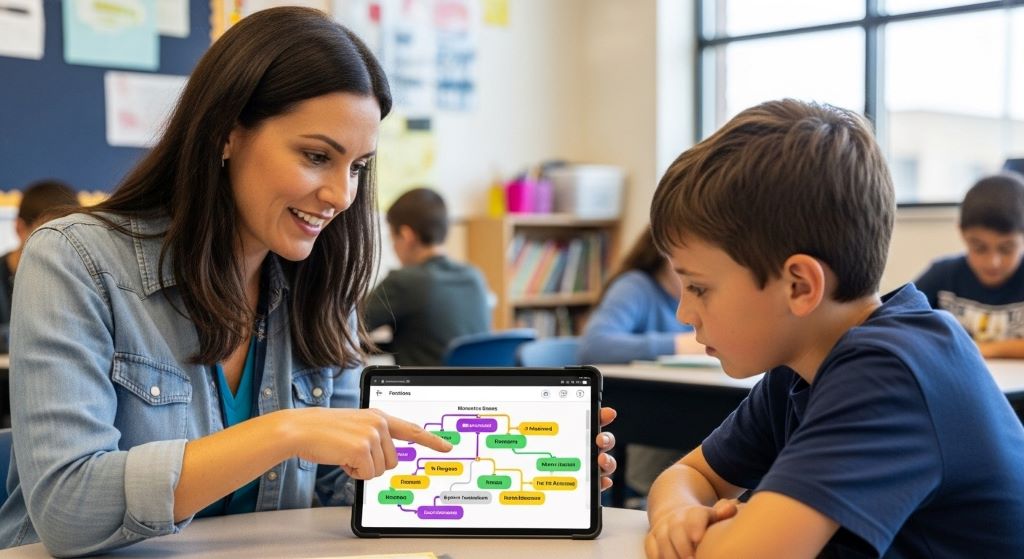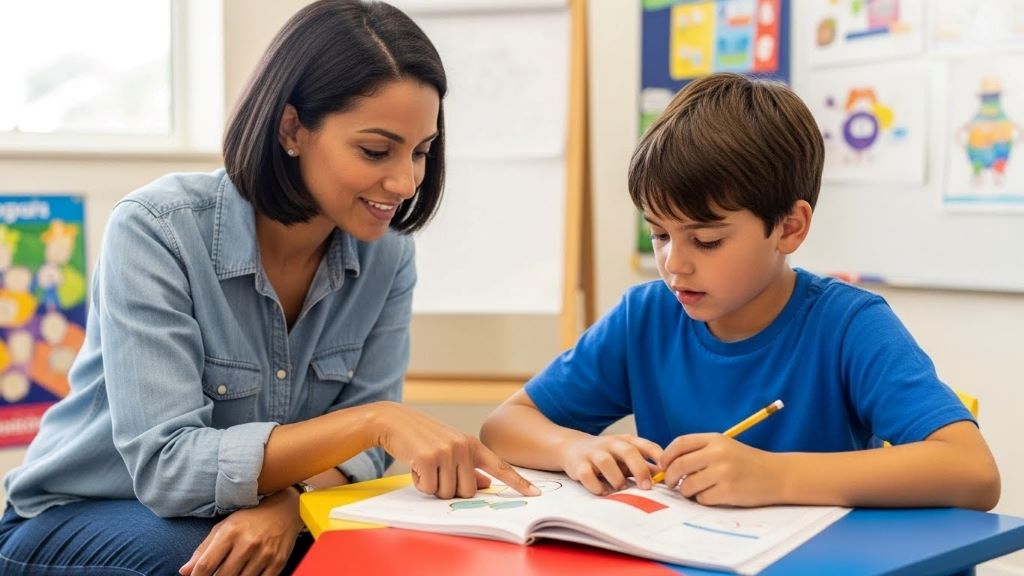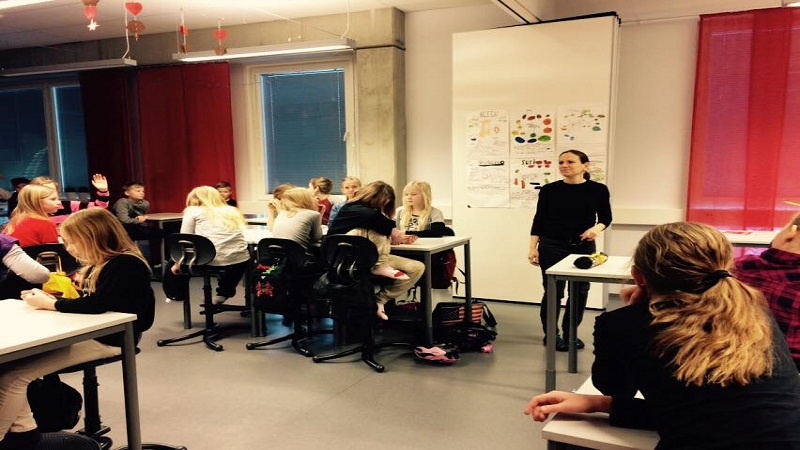Emotional education- Assertiveness, self-esteem, empathy and other social skills can be practiced and learned in the same way as other types of knowledge. However, traditionally they have not tended to give them the attention they deserve, which is why they can now become unknown and barely developed skills in many people.
As being emotionally competent is vital for the individual and their life in society, we offer you a compilation of the best resources so you can work emotional education in class and at home. Do not miss them!
Early Childhood Emotional education (from 0 to 6 years old)

- Learn to interpret facial expressions: It is a set of animations and online activities aimed at teaching to understand the different feelings and emotions expressed with the face.
- Paula and the emotions: In this video, a narrated children’s story and with beautiful illustrations, we will accompany Paula and the emotions that she is feeling according to situations that happen to her. In addition, Paula teaches us tricks and solutions to manage each type of emotion.
- How to help children who have experienced an earthquake ?: Adverse situations are one of the most important moments in which to work the management of emotions. It is important that the little ones verbalize their feelings, and with that objective, the friends of Sesame Street have developed a video message.
- Learn to say and control what you feel: In this interactive teaching unit, Paley and his gang will teach you how to manage your emotions with stories, games, crafts, videos, and songs.
Primary Emotional Education (from 6 to 12 years old)
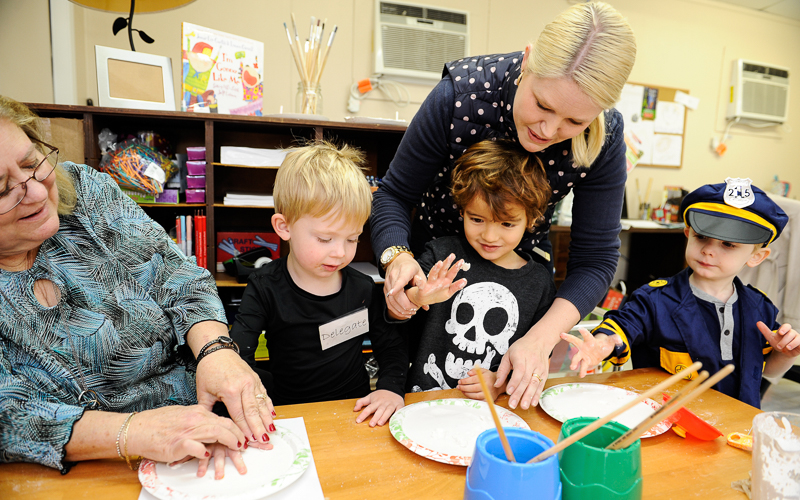
- 10 games to work the emotions: Find the differences, complete the story, fill in the sentence … these and other activities to work different types of content (language, mathematics, etc.) will help you develop emotional education.
- Let’s start with the most basic emotions !: In this interactive activity, we begin by knowing five feelings (love, anger, sadness, joy, and fear). Each of them has a small video and poses some questions to make after a lively debate in class.
- Discover how you are: This is a highly recommended application to work on one’s identity, feelings and emotions. It is structured in six parts, all of them with interesting activities and texts: Identity, feelings, diversity, readings, review, and play.
- The box of desires: Short fiction made by young people from 8 to 13 years of the association ‘La Claque ta’, which teaches values such as friendship and respect for others. It can become a great inspiration to make your own movie in class. Keep reading http://what-it-is.com/7-rules-of-essay-writing-with-perfection/
Secondary Emotional Education (from 12 to 18 years old)

- Developing self-esteem: Interesting web quest on the importance of self-knowledge and control of emotions and impulses to have a good self-esteem.
- Why do we have negative feelings ?: It is a didactic unit that speaks to us of different sensations, such as anger, envy, jealousy, anger, anxiety.
- Give to be happy: It is the title of this chapter of ‘Altamira de Elsa’, a section of the Networks program. In this case, they focus on happiness and look for definitions and different ways of understanding it.
- Enhance positive emotions is a matter of practice: Set of activities to work on positive emotions, such as joy, good humor, love … etc. The exercises allow us to check what is being learned.
Emotional Education For all ages
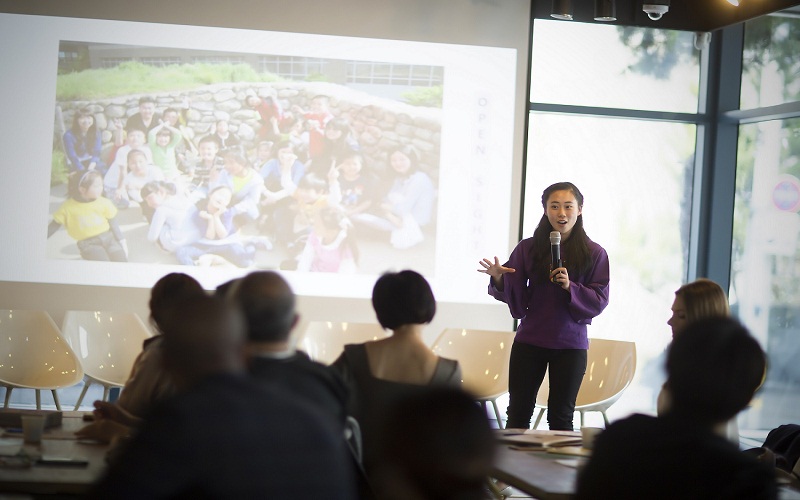
- A documentary that will change your way of teaching !: In this audiovisual piece of just over 8 minutes, we know how emotional education works with the little ones in a school in Gave, in Barcelona.
- Music, the universal language of emotions: An audiovisual and sound landscape, a walk through different cultures and their music, which reminds us of the diversity that we make up as human beings.
Expressing feelings through dance: Report on Carina Martin, Susana Aguilar and Maria led Mar Andres, dancers and dance teachers from the Granada Conservatory, who intend to express emotions through dance, another interesting way of dealing with this topic.
It may like also: http://www.prforeducators.com/improve-cooperative-work-play/


